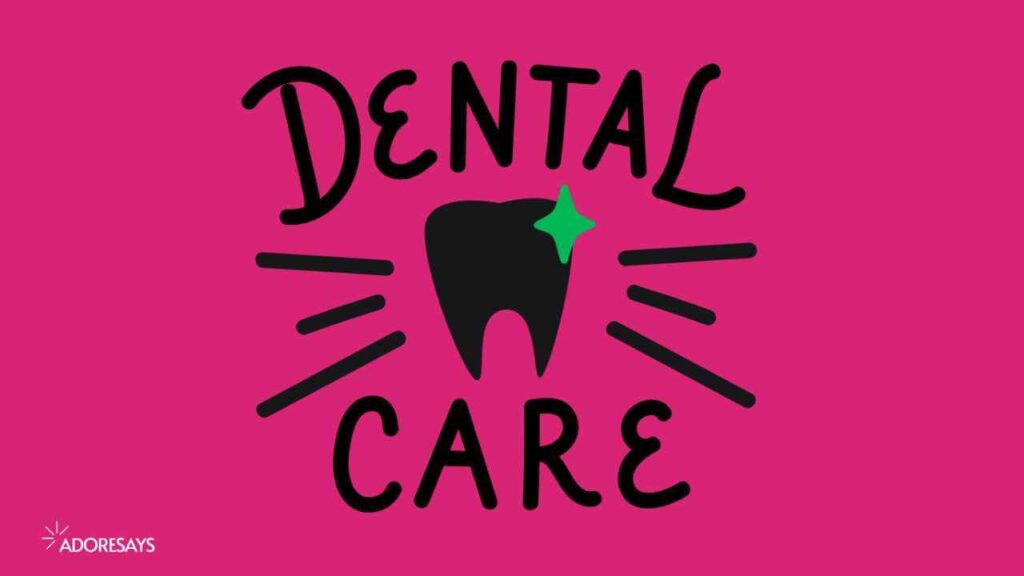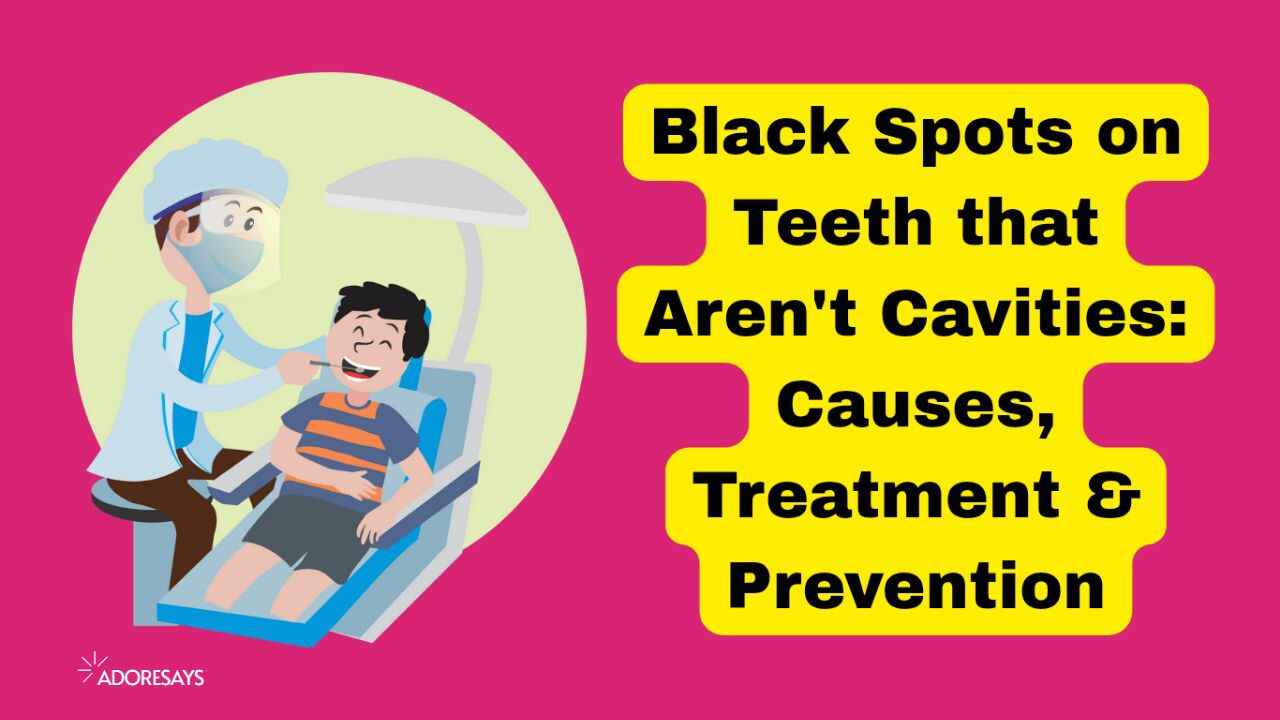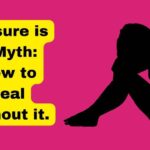Are you noticing black spots on teeth that aren’t cavities? While they can look concerning, not all black spots are signs of tooth decay. The good news for you is
that not all black spots on teeth are cavities. Sometimes, black spots may be due to harmless or manageable reasons. This article will help you understand the
possible causes of black spots on teeth that aren’t cavities. How can they be identified, what treatment options are available, and what are prevention strategies?
What Are Black Spots on Teeth that Aren’t Cavities?
Black spots on teeth are small areas of discoloration that can appear on the surface of your enamel. These spots may look like tiny dots, flat stains, or lines. They may occur on the front, sides, or back of the teeth. We know that dental caries or cavities cause black spots. However, there are many non-cavity reasons that could be behind these dark spots. Some could be purely cosmetic while others may hint at underlying dental conditions.
Causes of Black Spots on Teeth that Aren’t Cavities: Common Causes.
Let us see some of the common causes of black spots that have nothing to do with tooth decay:
1.) Stains from Food, Drink, or Tobacco.
One of the most common causes of black spots on teeth that aren’t cavities is surface staining. This can be caused by:
● Coffee and tea
● Red wine
● Cola and dark-colored sodas
● Berries
● Soy sauce
● Cigarettes or tobacco
If you do not clean your teeth after taking these substances, then they can leave dark pigments on the porous surface of your enamel. Over time, the stains may appear black or dark brown.

With body alchemy strengthen you mind too by our strong mindset blogs;
https://adoresays.com/category/strong-mindset/
2.) Tartar Buildup (Calculus)
When plaque is not cleaned up properly, it hardens into tartar, especially around the gumline. Tartar starts off yellow but can turn black due to pigmentation from food, bacteria, and time. This black tartar is difficult to remove at home and usually needs professional cleaning.
3.) Chromogenic Bacteria
Some people, especially kids, may develop black lines or dots on their teeth caused by chromogenic bacteria. These bacteria produce a black pigment that stains the teeth – particularly along the gumline. The good news is that these stains are harmless. Although, they may reappear even after professional cleaning.
4.) Enamel Hypoplasia
Enamel hypoplasia is a condition where the enamel does not form properly during tooth development. This can cause the appearance of:
● White, brown, or black spots
● Pitting or grooves
● Increased risk of tooth sensitivity
While it is not a cavity but makes the tooth vulnerable to decay if not managed properly.
Also Read – फिटकरी से दांत का कीड़ा कैसे निकाले: एक स्वस्थ मुस्कान पाएं
5.) Tooth Trauma or Internal Discoloration
If a tooth experiences trauma (such as a hard impact or root damage), it may eventually darken from the inside. This type of discoloration may appear black or grey, even if there is no decay. It often happens in one tooth and may require a root canal or cosmetic correction if the appearance bothers you.
6.) Metal Fillings (Amalgam Tattoos)
If you have had a silver or amalgam filling in the past, it can cause adjacent teeth or gums to take on a grayish-black tint. This is known as an amalgam tattoo. It is completely harmless. However, it can look like a dark spot from the distance, even though it is not a decay.
7.) Medications and Supplements
Certain medications and supplements can also be the reason behind the black spots on teeth that aren’t cavities. Some of these medicines include liquid iron supplements, tetracycline antibiotics (especially when taken in childhood), Chlorhexidine mouth rinses. These can leave black or brown deposits on the enamel, especially near the gumline.
How to Tell If the Black Spots on Teeth Are A Cavity or Not.
While cavities appear dark, you can still tell if the dark spots on your teeth is not a cavity:
| Sign | Likely Not A Cavity |
| No pain or sensitivity | Not a cavity |
| Spot is flat not a pit or hole | Not a cavity |
| Doesn’t get worse overtime | Not a cavity |
| Appears near gumline or in a pattern | Not a cavity |
| Looks more like a stain than decay | Not a cavity |
However, if you are still unsure about that black spot, the best way is to get a dental checkup done and possibly an X-ray.
Treatment Options for Black Spots on Teeth that Aren’t Cavities.
This news will surely give relief to you – most black spots can be removed or treated, especially if not caused by decay. Some of the available options are:
1.) Professional Cleaning.
Dentists can remove:
● Surface stains
● Tartar
● Pigmentation from chromogenic bacteria
This is typically done during your regular cleaning appointment.
2.) Whitening Treatments.
If the staining is more extensive:
● In-office bleaching or laser whitening can bring back the lost shine of your teeth.
● At-home whitening kits can also help lightening the dark spots. It must done under supervision of a dentist.
3.) Enamel Micro abrasion.
This technique removes a thin layer of enamel to eliminate stubborn stains or discoloration from hypoplasia.
4.) Cosmetic Bonding or Veneers.
For deep or internal stains (e.g.., trauma or tetracycline stains), your dentist may recommend:
● Dental bonding to cover the spot.
● Porcelain veneers for a uniform appearance
How to Prevent Black Spots on Teeth that Aren’t Cavities.
The following daily habits can help you prevent developing black spots on the teeth:
1.) Brush Twice Daily.
Use fluoride toothpaste and a soft-bristle brush to clean thoroughly – especially near the gumline. It is advised to brush for at least 2 minutes.
2.) Floss Daily.
Plaque and food particles between teeth can cause tartar if left behind.
3.) Limit Staining Foods and Drinks.
Using straw for beverages like soda or iced coffee can reduce contact with teeth. Also, make a habit of gargling your mouth after drinks and foods, especially if they are sugary or citric.
4.) Quit Smoking or Tobacco.
Tobacco is one of major reasons for long-term staining and tartar buildup.
5.) Visit Your Dentist Every 6 Months.
Regular checkups and cleanings help catch issues early on and remove stains before they worsen.
Takeaway Message.
Black spots on teeth that aren’t cavities may look unpleasant, but they are often harmless and treatable. This can be worrisome as well, but remember that not
every black spot on the teeth is cavity. Many of its causes like staining foods to harmless bacteria are treatable and preventable. It is always good to maintain
strong oral hygiene, get regular dental checkups done, and don’t delay in taking a professional help if something is bothersome.
Disclaimer:
The views expressed in this article are for general awareness and should not be considered a substitute for an expert’s or dentist’s advice. Please consult your treating dentist for more details.
Frequently Asked Questions.
Q1.) Are Black Spots on teeth always cavities?
Ans.) No. Many black spots on teeth that aren’t cavities are caused by stains, tartar, or bacterial pigmentation. Visiting a dentist can help you determine if it is a
cavity or not.
Q2.) Can children get black spots on their teeth?
Ans.) Yes, especially due to chromogenic bacteria. These are usually harmless and can be cleaned by a dentist.
Q3.) Can I remove black spots on teeth at home?
Ans.) Some mild surface stains may improve with whitening toothpaste, but tartar and deeper stains require professional treatment.
Q4.) Do black spots mean poor hygiene?
Ans.) Not always. Even people with good hygiene can get stains from foods, medications, or trauma.
Author Bio
MALAVIKA CHANDEL
Content writer and a mother. Malavika holds a bachelor’s degree in Economics from the University of Delhi and is passionate about creating content related to herbs and spices. Apart from being a blogger, she is a caring mother of two beautiful kids. Born and raised in India, she likes to read, cook, and travel. She loves being in touch with her family & besties.
GET IN TOUCH
Malavika is a proud owner of the Health First website that is intended to provide detailed, genuine, and in-depth insight into the matters related to herbs and spices.






Leave a Reply